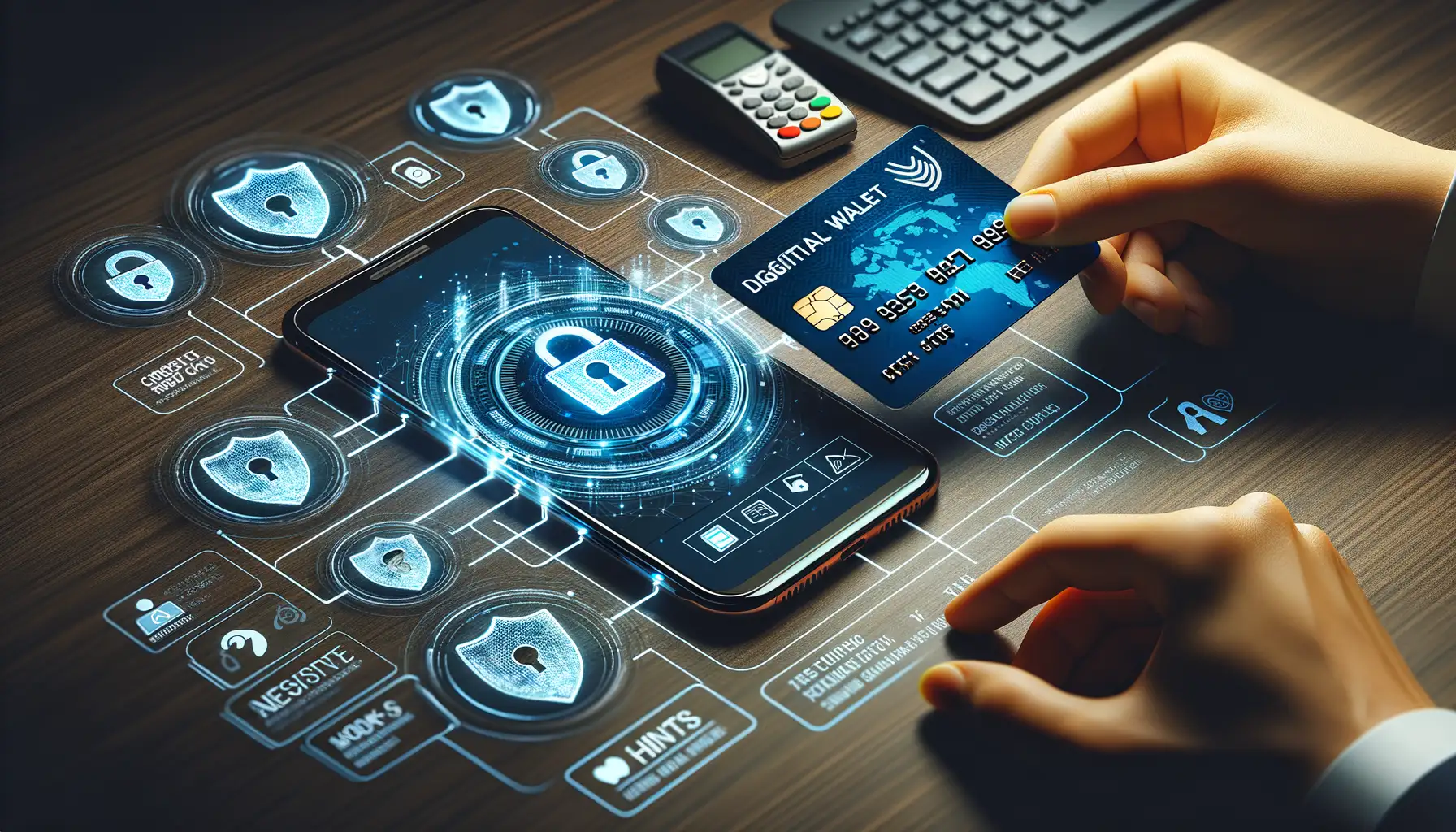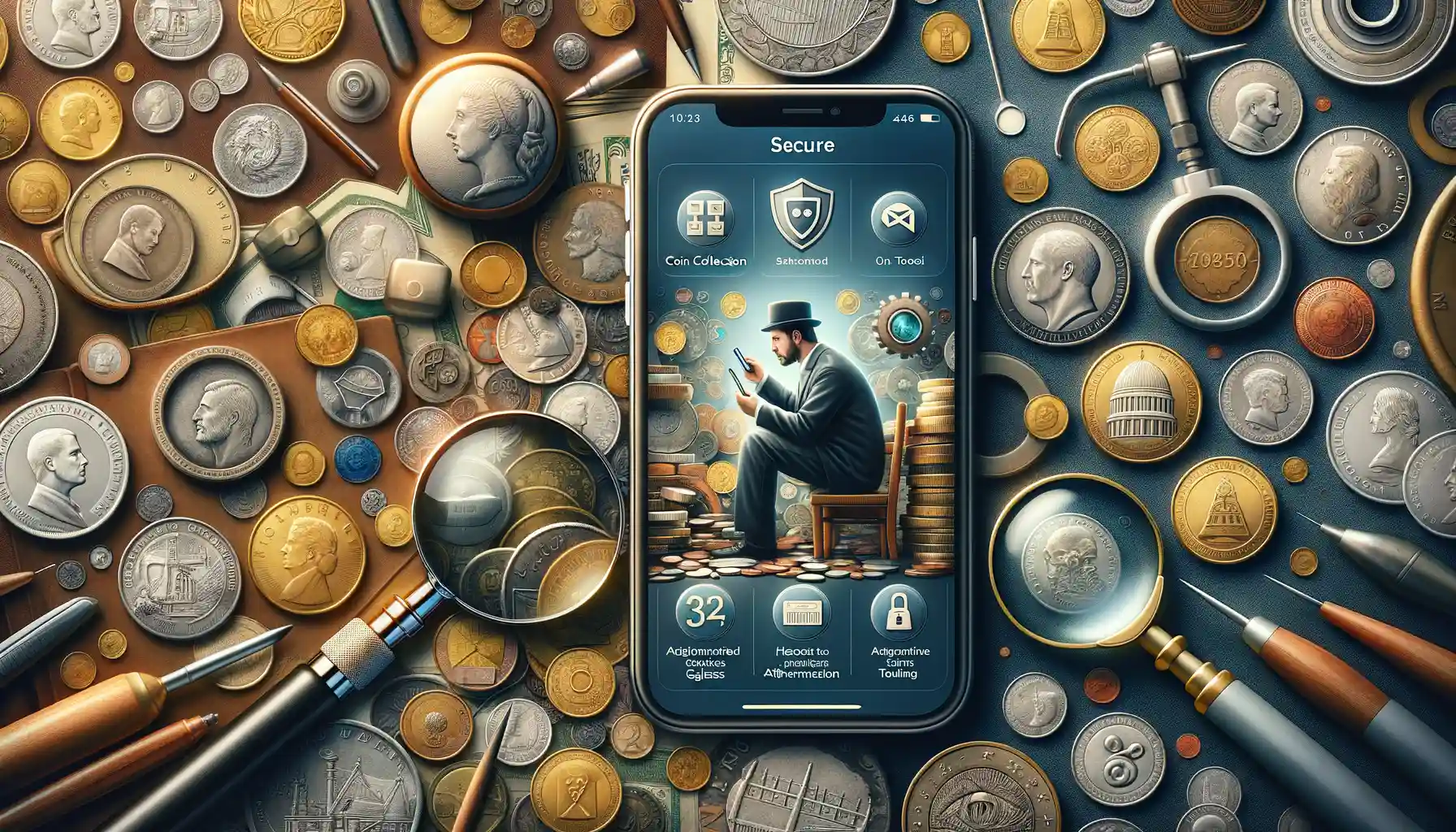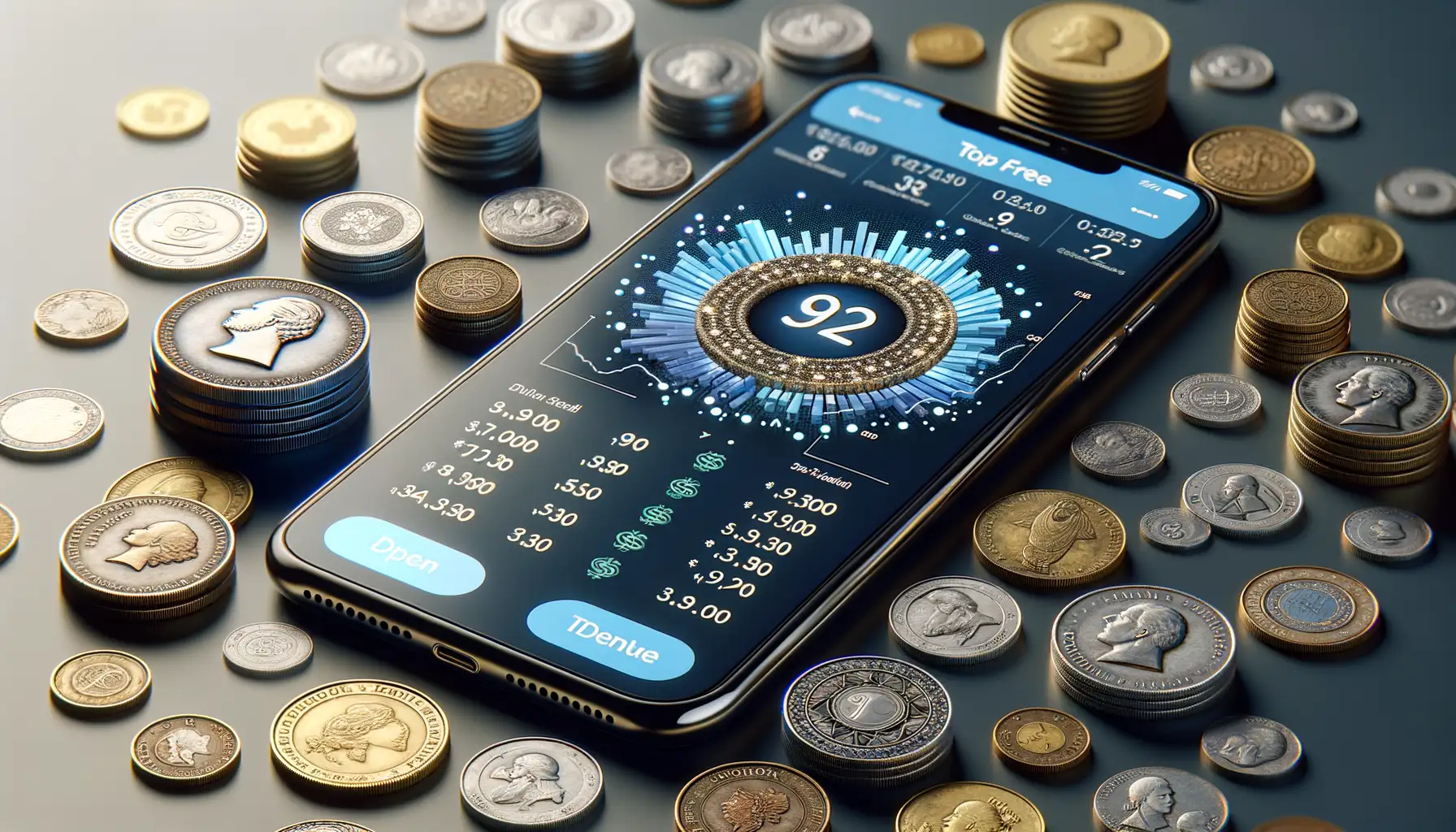Understanding the Importance of Digital Wallet Security
Why a Strong Defense Matters in the Digital Age
Picture this: Your digital wallet is like a treasure chest, holding your prized coin collection and hard-earned assets. Now, imagine leaving that chest wide open and unguarded—nerve-wracking, right? That’s what poor security looks like in today’s digital world. A single wrong click or weak password could grant cyber-thieves access to everything you hold dear.
Digital wallets may be convenient (a lifesaver for busy collectors!), but with convenience comes risk. Cybercriminals are constantly lurking, waiting for gaps in your defenses. Every detail matters—from the strength of your PIN to the apps you trust. Your wallet deserves the same attention you’d give to securing rare, tangible coins in a safe.
- Phishing scams: Fake emails or messages tricking you into revealing your wallet details.
- Misdirected apps: Installing unauthorized apps that harvest your private keys.
- Weak passwords: Using “123456” won’t fool anyone (but it will make hackers grin!).
The takeaway? Treat digital wallet security like guarding a jewel-encrusted crown—vigilantly, thoughtfully, and always one step ahead of threats.
Best Practices for Securing Your Mobile Wallet

Make Your Mobile Wallet a Vault, Not a Target
Securing your mobile wallet is like locking up treasures in a vault—it’s all about layers of protection. Think about it: your digital wallet isn’t just an app; it holds your valuable coins and personal data. So treating it with the same care you’d show a safe full of gold is essential.
To start, always enable two-factor authentication (2FA). This step isn’t just a buzzword; it’s your digital bodyguard. Even if someone guesses your password, they’ll still need that second key, which only *you* hold. On top of that, craft a password that’s as unique as a custom coin. Avoid the “1234” or “password123” clichés—mix letters, numbers, and symbols like a cryptographic cocktail.
- Never store passwords in plain text on your phone or notebook apps. Use a reliable password manager instead.
- Stick to wallets and apps downloaded exclusively from verified sources like the Google Play Store or Apple App Store.
And let’s talk about updates, shall we? Those little notifications urging you to update your app aren’t just annoying nags—they’re security boosts! Hackers love outdated software like pirates spotting an unguarded ship. Don’t give them that chance.
Stay Cautious with Public Wi-Fi
Picture this: you’re sipping coffee at your favorite café, casually checking your wallet on public Wi-Fi. Seems harmless, right? Nope. That free Wi-Fi could be a predator in disguise. Public networks are notoriously easy for hackers to intercept, turning that quick check into a potential disaster.
Instead, use your mobile data—or better yet, invest in a virtual private network (VPN). Think of a VPN as a cloaking device for your internet activity, shielding it from prying eyes. It’s like having a private tunnel to the web, bypassing digital eavesdroppers altogether.
Oh, and one last thing: disable Bluetooth when not in use. Cybercriminals have been known to exploit open Bluetooth connections, sneaking into devices like thieves slipping through an unlocked window. Better safe than sorry, right? Treat those settings like your wallet’s ultimate defense line.
Common Risks and How to Mitigate Them

Don’t Let Hackers Steal Your Treasure
Picture this: You’ve spent months, maybe years, building a digital wallet full of rare, valuable coins. It’s your personal treasure chest. But without the right precautions, it might as well have a neon sign that says “Hack Me!” Cybercriminals are relentless and creative, turning every overlooked weak spot into an opportunity to strike.
So, what are some risks you should know about?
- Phishing Attacks: Those too-good-to-be-true emails or fake app prompts asking for your credentials? They’re bait designed to catch your data.
- Weak Passwords: Using “123456” or “coinlover2023”? That’s practically rolling out the red carpet for intruders.
- Malware Downloads: That “coin-tracking app” from an unverified source could be a Trojan horse waiting to ransack your wallet.
To stay ahead of these threats, always question unexpected messages, use a strong mix of symbols in your passwords, and only download apps from verified platforms. A moment of caution can save you from losing weeks of coin-hunting efforts.
Unsecured Networks: The Silent Enemy
Imagine sipping your cappuccino at a cozy café, scrolling through your wallet to admire your collection. Harmless, right? Not if you’re on public Wi-Fi. Open networks are a playground for hackers armed with their virtual fishing nets, ready to capture your private info mid-air.
If you must access your wallet on-the-go, make friends with a VPN (Virtual Private Network). It wraps your connection in a secure tunnel, making it nearly impossible for anyone to snoop. Also, turn off automatic connections to public Wi-Fi—you don’t want your phone wandering into danger zones without your knowledge.
These proactive steps are like installing a vault door on your treasure chest. Isn’t your collection worth that extra layer of protection?
Exploring Secure Apps and Tools for Coin Collectors

Why the Right Tools Matter for Coin Collectors
Let’s face it—being a coin collector in the digital age is both exciting and nerve-wracking. Your prized collection now lives partly on your phone, and you’re trusting apps and tools to protect pieces of history that money simply can’t replace. The right tools? They’re like vaults. The wrong ones? Well, they might as well be leaving your front door wide open.
Look for apps with security features that *really* go the extra mile. We’re talking about things like end-to-end encryption, multi-factor authentication (MFA), and biometric login options (think fingerprint or facial recognition). These aren’t gimmicks—they’re shields for your treasures. For example, apps like Trust Wallet or Coinomi don’t just hold your digital coins; they take security as seriously as you do.
- Encrypted Note-Taking Apps: Keep track of purchase dates, coin origins, and valuations securely.
- Password Managers: Tools like LastPass ensure your wallet access codes are stored safely.
- Portfolio Trackers: Apps such as Delta track your collection value while keeping prying eyes out.
Trust me, investing in secure tools isn’t just smart—it’s essential. After all, no collector should lose sleep over something an app *could’ve* prevented.
Conclusion and Final Tips for Staying Safe

Guarding Your Digital Treasures Every Day
It’s not enough to set up defenses and walk away from your mobile wallet. Think of it like protecting a chest of rare coins—your digital wallet deserves daily care and attention. Start by performing regular check-ins. Is your phone’s software up-to-date? Have you noticed any suspicious logins or unauthorized activity? These small habits create a fortress of awareness around your assets.
Passwords are your first line of defense, but let’s face it—memorizing complex ones can feel like cracking a safe in reverse. Use a trusted password manager to lock them away securely. And please, don’t recycle old passwords. Changing them is like resetting the lock on your vault.
Final Nuggets of Wisdom for Peace of Mind
Here’s your “stay-safe” toolkit:
- Two-factor authentication: Always enable it—it’s like adding a bouncer to your vault’s entrance.
- Backups: Regularly backup wallet data to a secure, external source. Never rely solely on your device!
- Public Wi-Fi caution: Avoid using open networks for transactions—they’re virtual pickpocket hotspots.
Every choice you make, every precaution you take, adds another layer to safeguarding your collection. Keep your guard up and your focus sharper than ever!


